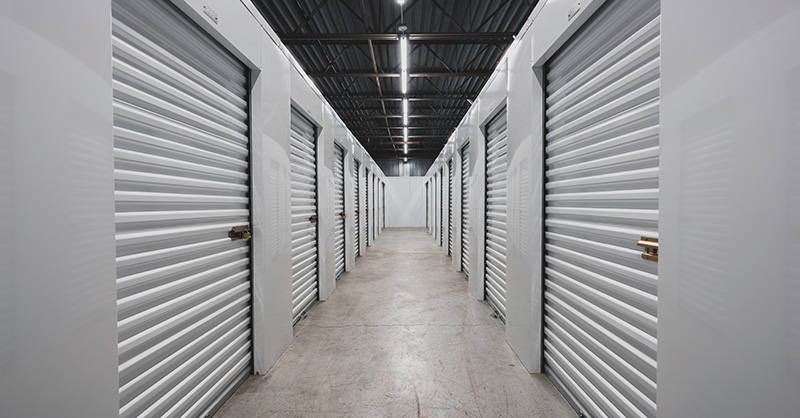Wrong Place, Wrong Time - Public Entity Scenarios!

Be ready when life happens. Much like commercial and industrial operations, public entities and municipalities may face financially threatening environmental hurdles requiring pollution protection. As public entity exposures, such as contaminated public water supplies, continue to intensify, the need for enhanced environmental insurance becomes imperative. These public entity situations illustrate the variety of environmental exposures that could affect your customers!
A city was directed by the Regional Quality Water Board to detect the source and extent of Perchloroethylene (PCE) and Trichloroethylene (TCE) contamination in sewer piping which was detected under several major roadways. The city conducted a costly environmental site investigation and provided a report to the Water Board about a likely historic source from a dry cleaner nearby.
The insured was a state turnpike commission. The turnpike was undergoing a highway expansion project and throughout the course of the project rainwater runoff diverted to property owners, allegedly causing sediment and debris to damage to natural spring water. In addition, the pumping of fly ash and grout into abandoned coal mines to provide adequate foundations for bridge support resulted in well water contamination. As a result, multiple claims involving nearby homeowners were filed against the state turnpike commission.
A city was involved in investigating and incurring defense costs over the past decade from a superfund site which was listed on the National Priorities List (NPL) – the priority list of hazardous waste sites in the United States eligible for long-term remedial investigation and action. An airport, a quasi-public entity, located within the city is being required to contribute to past hazardous concerns and participate in future remedial site costs.
A manufacturing company performed routine drum washing operations. Over time, solvent laced wash water migrated through cracks in the concrete and into the subsurface soils and groundwater. The plume of solvents traveled off site and contaminated a nearby municipal water supply well. Costly remedial technology had to be implemented to provide safe drinking water. The municipality filed suit against the manufacturing company for cleanup costs and property damage.
Workers in a municipal building, located near a solvent recycler, started to notice a suspicious odor. After investigation, it was determined that the vapors were caused by solvent contaminated groundwater underneath the recycling facility as a result of improper historical practices of storage disposal. The workers claimed the solvent vapors were both fire and health hazards. Claims against the recycling facility for perceived bodily injury and diminution of property value were made.
The claims scenarios depicted above illustrate the variety of environmental exposures your clients may face. All situations are unique! The terms, conditions, exclusions, and limitations in any policy may vary. Our team of experienced underwriters, dedicated claims handling unit and technical support staff understands these unique environmental exposures and can work with you to help tailor a policy to find acceptable coverage and claim solutions for your clients!
To help you address these as well as other environmental exposures with your clients, visit our Claims Scenario Library. You can find more examples illustrating the various environmental exposures that could affect your customers!


Greg Kelder Divisional Senior Vice President, Head of Claims
Great American Environmental Division
Greg Kelder is a Divisional Senior Vice President with Great American Environmental and serves as Head of Claims. He has more than 30 years of environmental claim experience. Greg brings specialized environmental claim support and training to our division and is based out of the Exton, Pennsylvania office.
.png?sfvrsn=f41e22b1_1)








